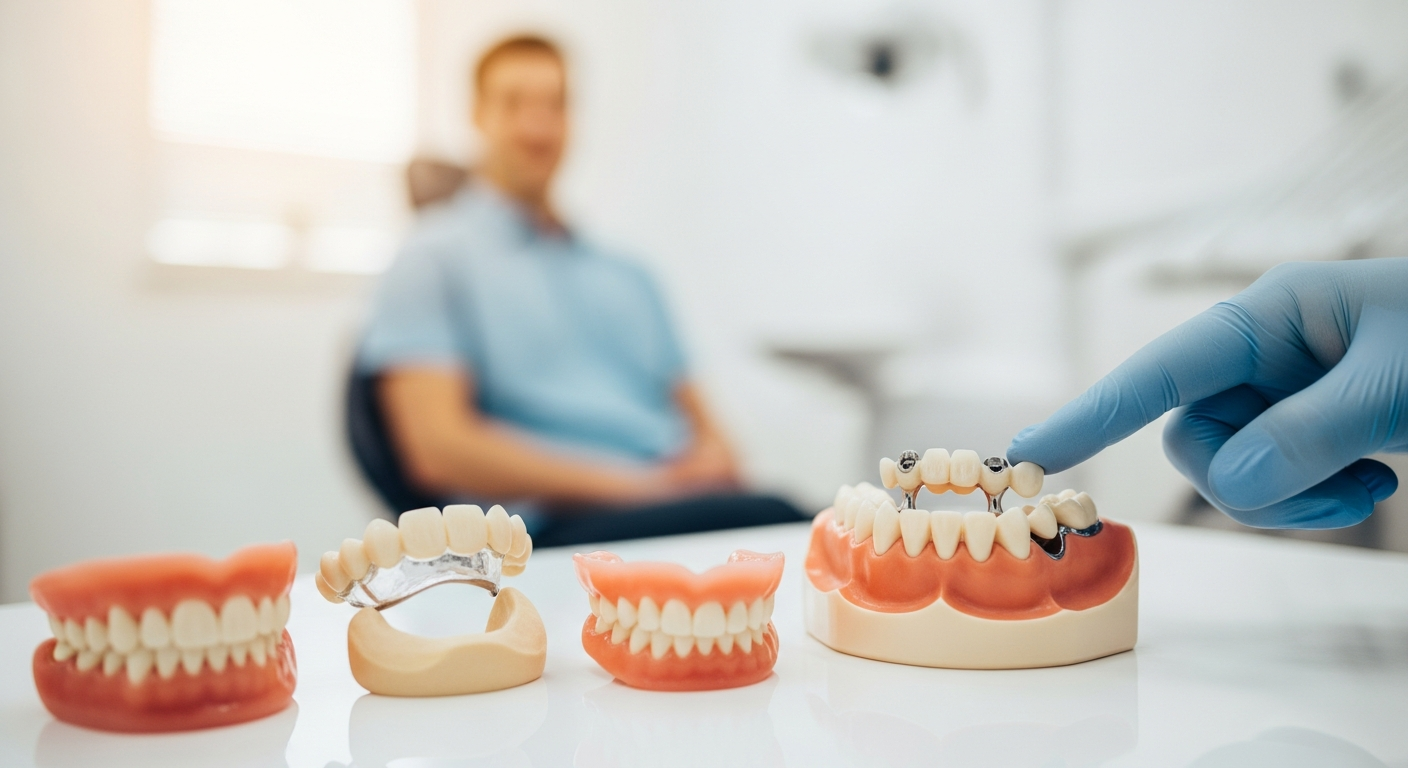Dental Implants: Complete Cost Guide for Seniors
When considering tooth replacement options, dental implants have emerged as the gold standard for restoring both function and aesthetics. Unlike traditional dentures or bridges, dental implants provide a permanent solution that mimics natural teeth. For seniors and older adults, understanding the various implant options and their associated costs is crucial for making informed decisions about oral health care.

Are Dental Implants Suitable for Elderly Patients?
Age itself is not a determining factor for dental implant candidacy. The key considerations are overall health status and bone density. Most seniors in good general health with adequate jaw bone structure can successfully receive dental implants. However, certain conditions common in older adults, such as osteoporosis or diabetes, may require additional evaluation and preparation before proceeding with implant surgery.
What Are Screwless Dental Implant Costs?
Screwless dental implants, also known as press-fit implants, offer an alternative to traditional screw-retained implants. These innovative solutions typically range from $3,000 to $4,500 per tooth. The technology uses precision engineering to create a secure fit without traditional screws, potentially reducing surgery time and improving comfort during healing.
How Much Does a Full Set of Teeth Implants Cost?
Full mouth dental implants represent a significant investment in oral health. The costs typically break down as follows:
| Implant Solution | Number of Implants | Average Cost Range |
|---|---|---|
| All-on-4 | 4 implants per arch | $20,000 - $30,000 |
| Traditional Full Arch | 6-8 implants per arch | $25,000 - $40,000 |
| Full Mouth Individual | 8-12 total implants | $40,000 - $65,000 |
Prices, rates, or cost estimates mentioned in this article are based on the latest available information but may change over time. Independent research is advised before making financial decisions.
Factors Affecting Overall Dental Implant Cost
Several key factors influence the final cost of dental implants:
-
Geographic location and local market rates
-
Dentist’s experience and expertise
-
Need for preliminary procedures (bone grafting, tooth extraction)
-
Type of implant and materials used
-
Number of implants required
-
Insurance coverage and financing options
Many dental practices offer senior discounts or payment plans specifically designed for older adults. Additionally, some dental schools provide implant services at reduced rates under professional supervision.
Insurance Coverage and Financial Assistance
While traditional Medicare doesn’t cover dental implants, some Medicare Advantage plans may offer partial coverage. Several options exist to help manage implant costs:
| Payment Option | Coverage Type | Typical Benefits |
|---|---|---|
| Dental Insurance | Partial Coverage | 15-50% of costs |
| CareCredit | Healthcare Financing | 6-24 month plans |
| Dental Discount Plans | Membership Program | 20-60% savings |
Prices, rates, or cost estimates mentioned in this article are based on the latest available information but may change over time. Independent research is advised before making financial decisions.
Dental implants represent a long-term investment in oral health and quality of life for seniors. While the initial costs may seem substantial, the durability and functionality of implants often make them more cost-effective than repeated maintenance of traditional dentures or bridges. Consulting with dental professionals and insurance providers can help determine the most suitable and affordable treatment plan.
This article is for informational purposes only and should not be considered medical advice. Please consult a qualified healthcare professional for personalized guidance and treatment.




